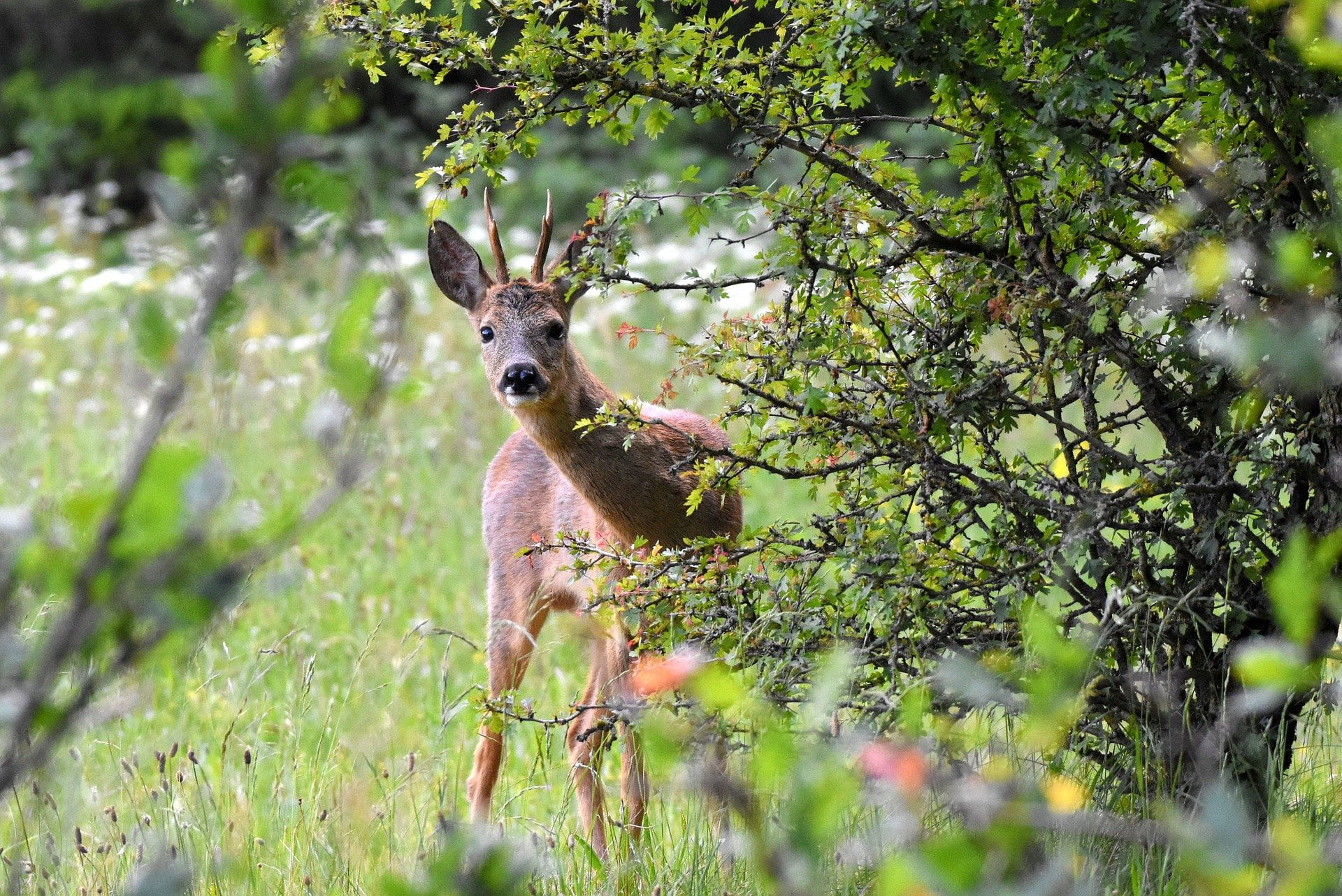The Importance of Habitat Preservation for Wildlife Survival
Habitat preservation is one of the most critical factors in ensuring the survival of wildlife species. As human activities such as deforestation, agriculture, and urbanization continue to expand, natural habitats are shrinking at an alarming rate. This loss of habitat leads to decreased food sources, fewer breeding grounds, and increased competition among species.
Many animals are highly specialized to live in specific environments. For example, polar bears rely on sea ice to hunt for seals, while tropical birds depend on dense rainforests for food and shelter. When these habitats are destroyed or altered, it can disrupt entire ecosystems and put species at risk of extinction.
Conservation efforts aimed at protecting habitats are essential to prevent further biodiversity loss. National parks, wildlife reserves, and protected areas help preserve these ecosystems, providing a safe haven for endangered species. Additionally, habitat restoration projects, such as reforesting degraded land or creating wildlife corridors, can help restore balance and ensure that animals have the space they need to thrive.
Preserving habitats not only benefits wildlife but also helps maintain ecosystem services like clean air, water, and soil, which are crucial for human survival as well.

